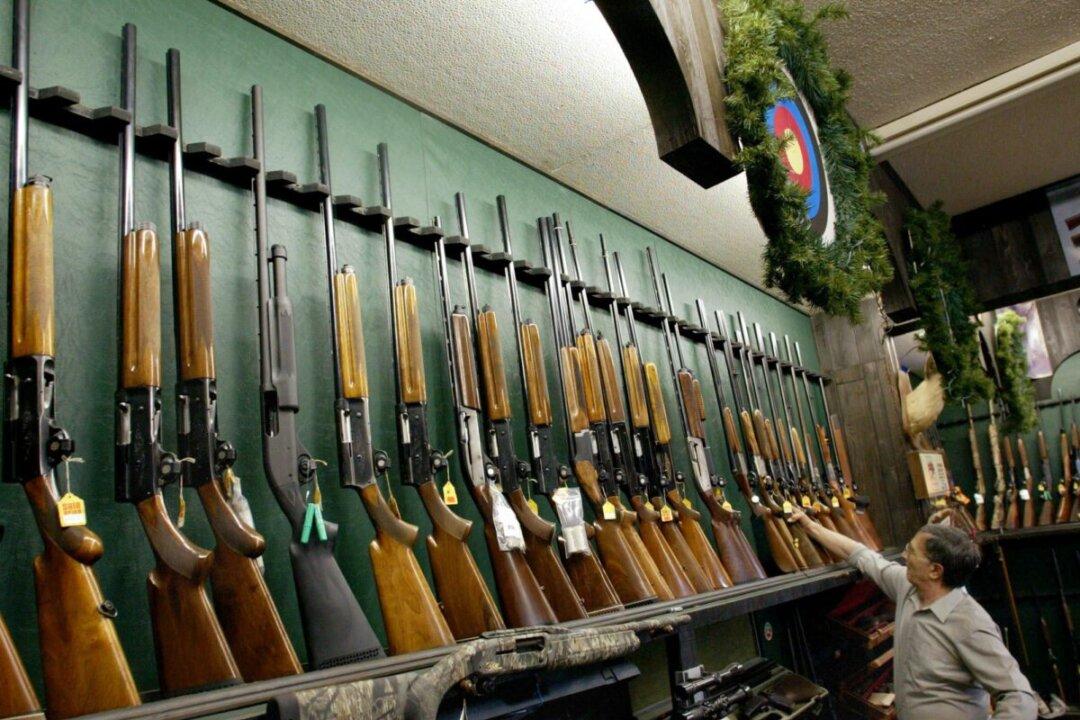A growing number of firearms owners say they would not voluntarily participate in the federal government’s Firearms Buyback Program, according to an internal report from the Department of Public Safety.
“Less than half of those owners with prohibited firearms would now willingly participate in a buyback program—a sharp decline over the past year. Another third would participate, but only because it was mandatory; one in ten would refuse to participate at all,” said the May 2023 report, “Buyback Program Awareness Campaign,” which was first reported by Blacklock’s Reporter.





